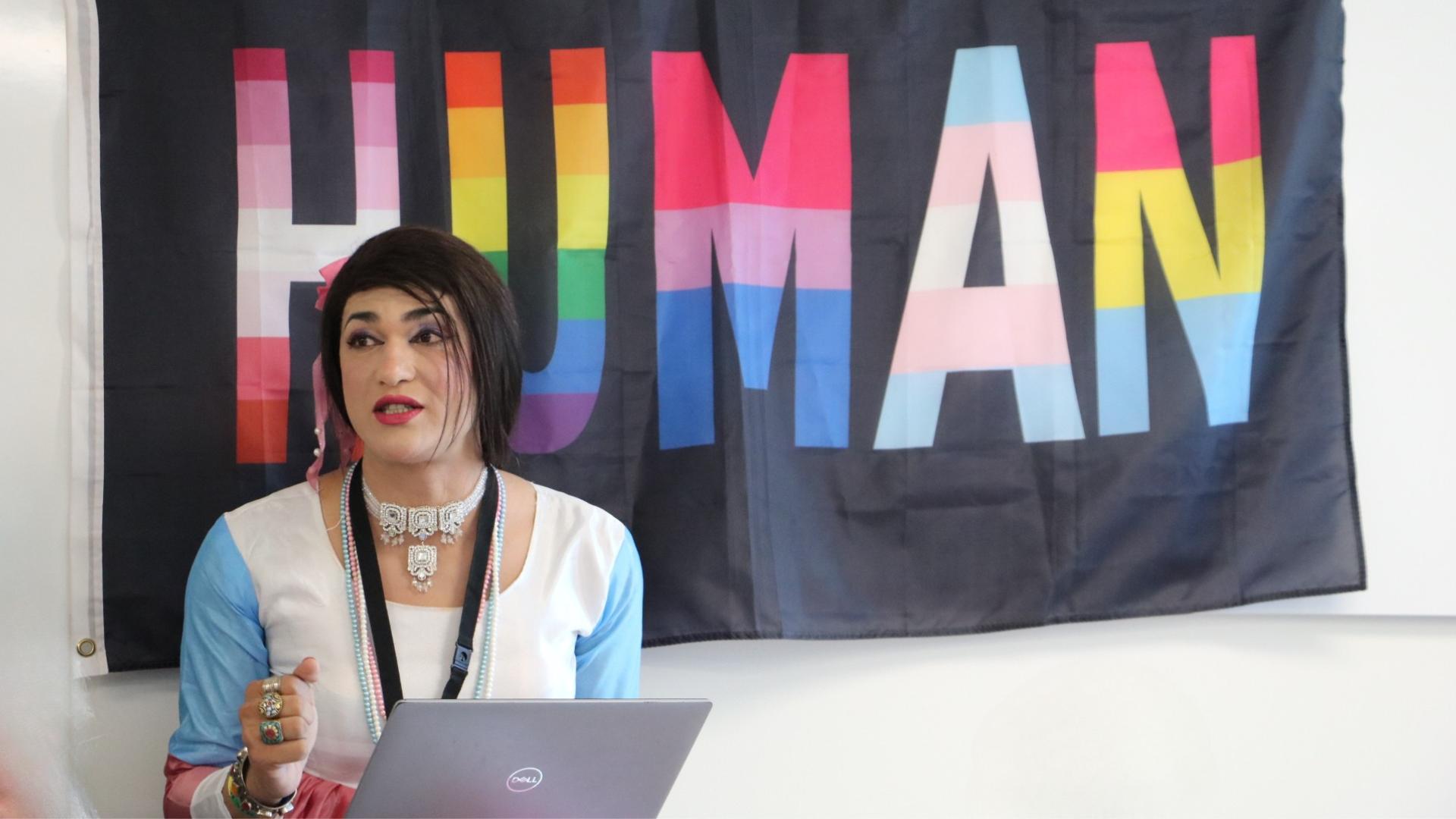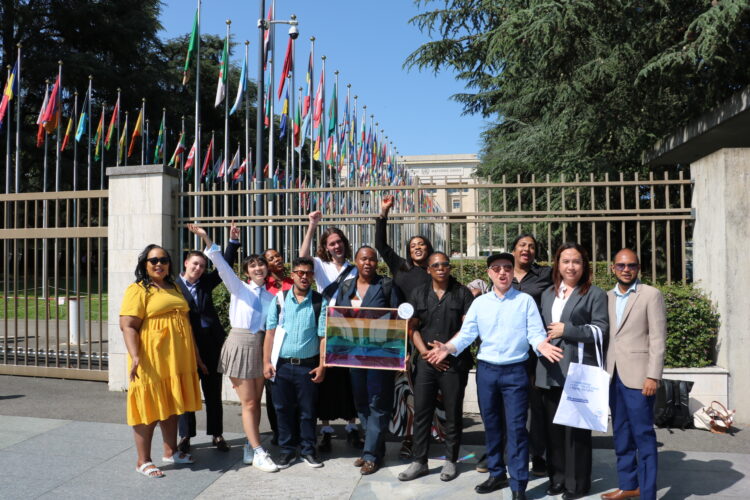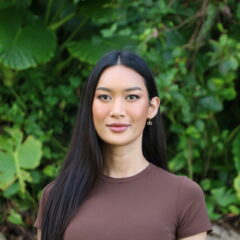Written by Best Chitsanupong Nithiwana, Human Rights Officer, GATE.
Every June, Pride Month is when trans and gender diverse identities become more visible in mainstream conversations, but visibility alone is not enough. Across the world, trans and gender diverse individuals are still largely excluded from decision-making spaces, and discrimination and violence against them persist.
More than 64 countries continue to criminalize consensual same-sex relations, and over 10 countries criminalize diverse gender expressions and identities. According to TGEU’s Trans Murder Monitoring Report, at least 5,000 trans individuals have been murdered between 2008 and 2024. This crisis is exacerbated by a rising global anti-gender movement that exploits false narratives related to trans, gender diverse, broader LGBTIQ+, and feminist communities.
At this crucial time, Trans Advocacy Week (TAW) stands out as a vital advocacy program that transforms visibility into real influence.
What is Trans Advocacy Week?
Trans Advocacy Week (TAW) has been an important annual event since 2017. Every year, trans and gender diverse human rights defenders from all over the world are brought to Geneva, Switzerland, to engage directly with global decision-makers at the United Nations Human Rights Council (UNHRC), one of the world’s most influential human rights platforms.
Trans Advocacy Week is co-organized by Global Action for Trans Equality (GATE), Asia Pacific Transgender Network (APTN), East Africa Trans Health and Advocacy Network (EATHAN), ILGA World, Swedish Federation for LGBTQ Rights (RFSL) and TGEU: Transgender Europe & Central Asia
This year, 14 trans and gender diverse activists had the opportunity to advocate directly with the representatives from Permanent Missions, UN experts, funders, and stakeholders on significant themes, including:
- Legislative rollbacks due to the anti-gender movement: Around the globe, trans lives are more than threatened and politicized. Anti-gender movements are taking civic spaces and pushing laws that restrict and criminalize LGBTI+ identities.
- The impact of cuts to foreign aid: The recent international funding cuts have placed trans and gender diverse movements in a struggle for survival, especially when it comes to essential healthcare services, community building, and the sustainability of grassroots organizations.
- Renewal of the UN mandate of the Independent Expert on Sexual Orientation and Gender Identity: Through engagement with member states and international organizations, TAW partners advocate for the renewal of this mandate to ensure ongoing global accountability and action against discrimination and violence against LGBTI+ individuals.
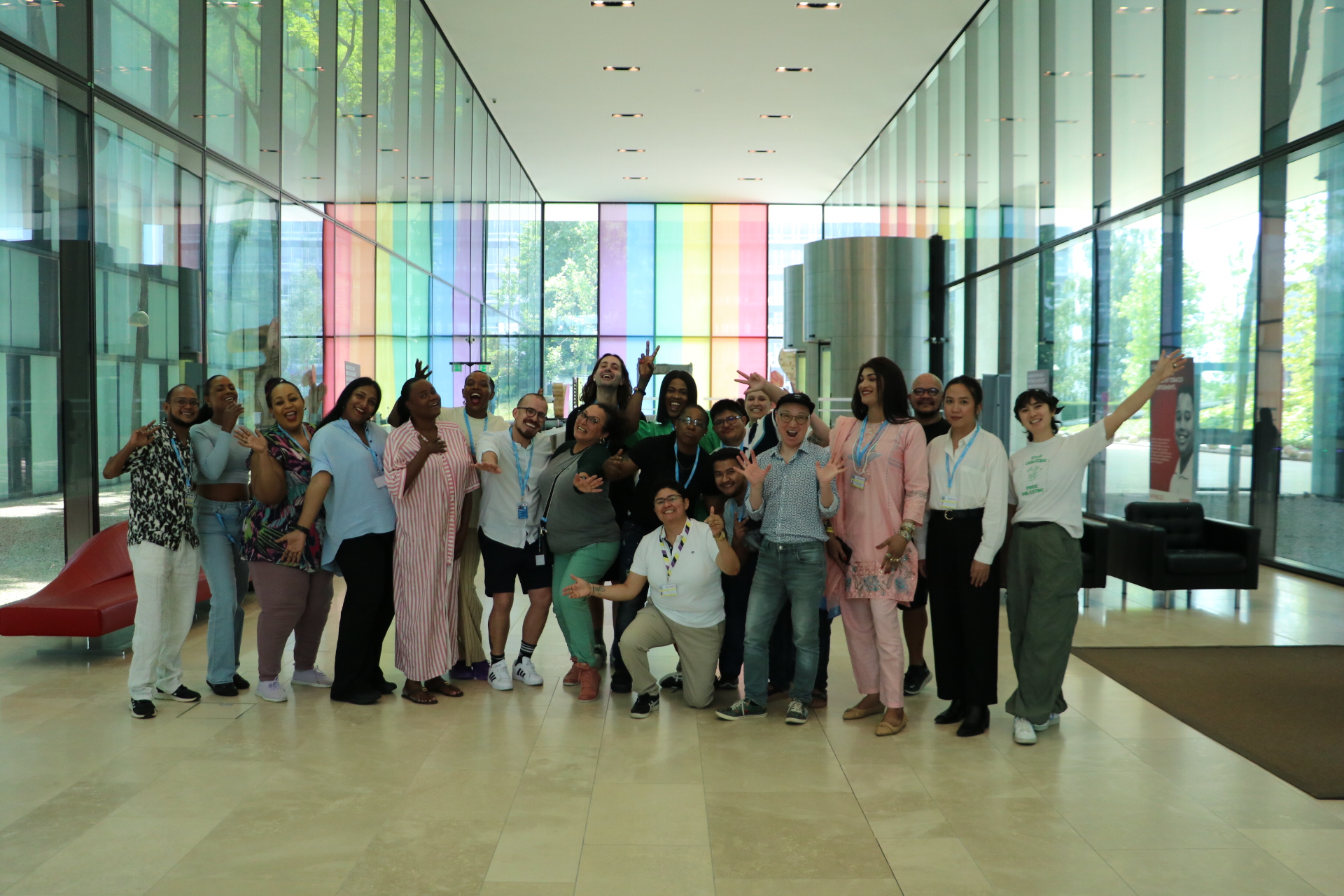
These efforts underscore why TAW is not just a week-long program but a necessary lifeline in the fight for global trans justice.
Why Trans Advocacy Week matters amidst Anti-Gender legislative rollbacks?
As mentioned before, around the globe, the legislative and social setbacks on trans rights are an alarming trend that endangers democracy for everyone, everywhere.
As one of the UN TAW 2025 participants, Adi Petrov of the Bilitis Foundation (Bulgaria) highlighted in their address at the UNHRC:
In recent years, regressive policies have been accelerating displacement. So-called “LGBT propaganda” laws and Pride bans were passed in Hungary, Russia, and Kyrgyzstan. Georgia proposed anti-trans constitutional amendments and banned access to trans-specific healthcare; Russia, Bulgaria, Georgia, and Hungary banned legal gender recognition; Türkiye moved to criminalize LGBT expression; and trans people’s right to non-discrimination in the United Kingdom stands restricted following a Supreme Court ruling on the definition of “woman.
From Pride bans in Europe to the criminalization of trans existence in Africa and Asia, it is a crucial time to address that trans and gender diverse identities and bodily autonomy have become battlegrounds for political gains. This isn’t coincidental, it’s deliberate. These movements use transphobic rhetoric as part of larger “anti-woke” agendas, leveraging hate speech to influence elections and policy.
During our program, participants acquired valuable skills to effectively engage with the UN mechanism and its stakeholders. They participated in key discussions with partners such as the World Health Organization (WHO), the Global Fund to Fight AIDS, Tuberculosis and Malaria, UNAIDS, and the Office of the High Commissioner for Human Rights (OHCHR). To ensure their voices are heard, TAW participants also had the opportunity to deliver statements at the Human Rights Council, sharing their lived realities and policy recommendations before member states and international policymakers.
Beyond diplomacy, UN TAW also explored creative resistance. At a documentary screening of “Queer as Punk”, featuring the Malaysian trans-led punk band “Shh…Diam!” “Trans Artivists” joined a roundtable discussion focused on how art, such as film and music, can be utilized as an innovative approach to advocate for trans rights and celebrate trans joy.
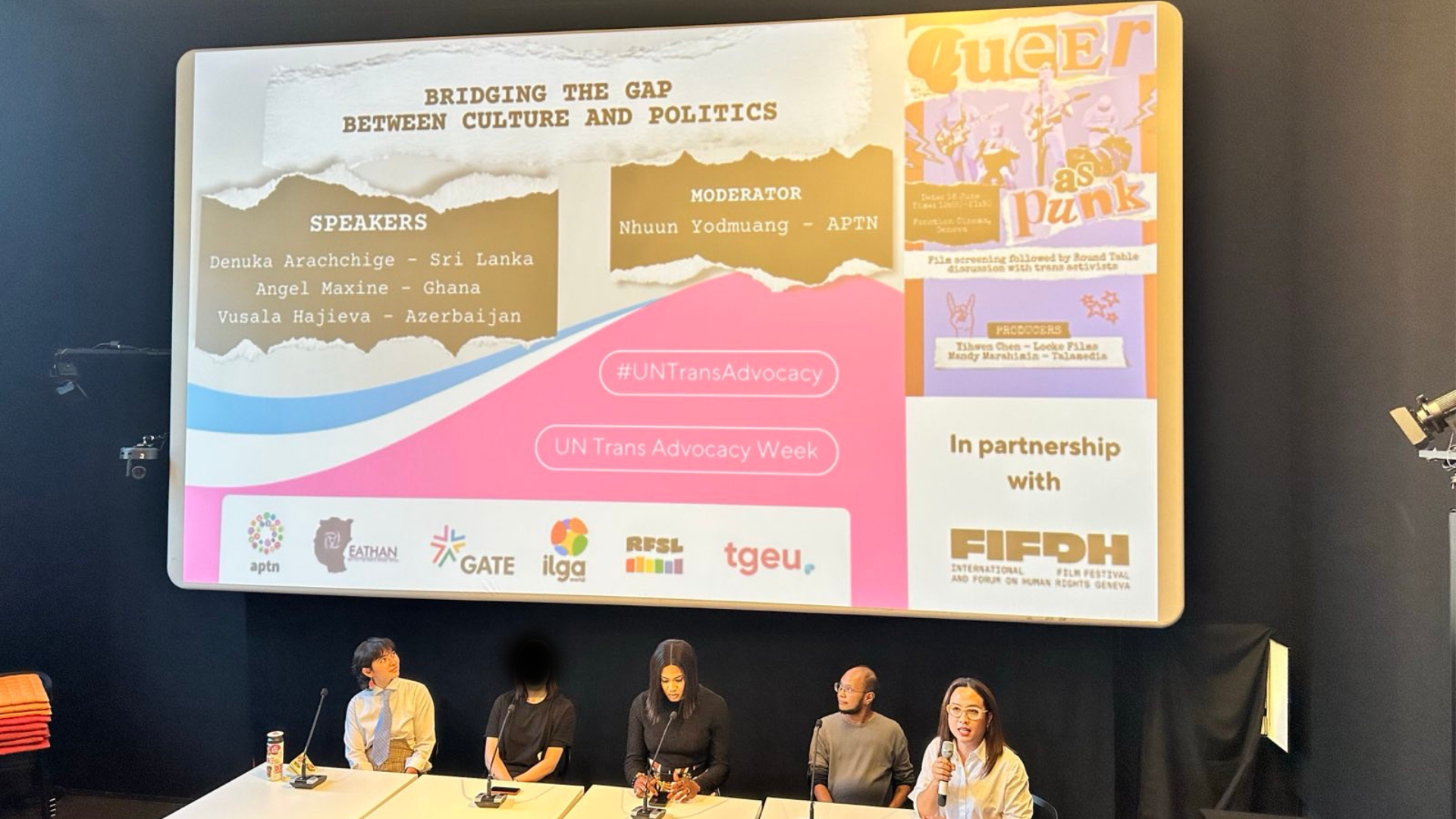
When funding disappears, so does hope?
The recent global funding cuts have had severe consequences for gender equality and LGBTQI+ rights, disproportionately impacting trans and gender diverse movements. In countries like Uganda and Georgia, not only have funding cuts significantly weakened HIV prevention programs, but gender-affirming care remains extremely limited, and trans and gender diverse individuals turn to unsafe, unregulated hormone sources, putting their health at serious risk.
At the Global Fund office, Jay Mulucha, a Ugandan transman human rights activist and executive director and founder of Fem Alliance Uganda (FEMA), shared a powerful reflection on the devastating impact of U.S. government funding cuts on HIV services for trans and gender diverse communities. According to the Uganda AIDS Commission, the funding cut led to the shortages of HIV medications, lab tests, and preventative services. Condom stockouts are anticipated until September 2025. Additionally, funding for legal reform advocacy and documenting human rights violations has dried up, especially after the draconian Anti-Homosexuality Act was introduced in 2023.
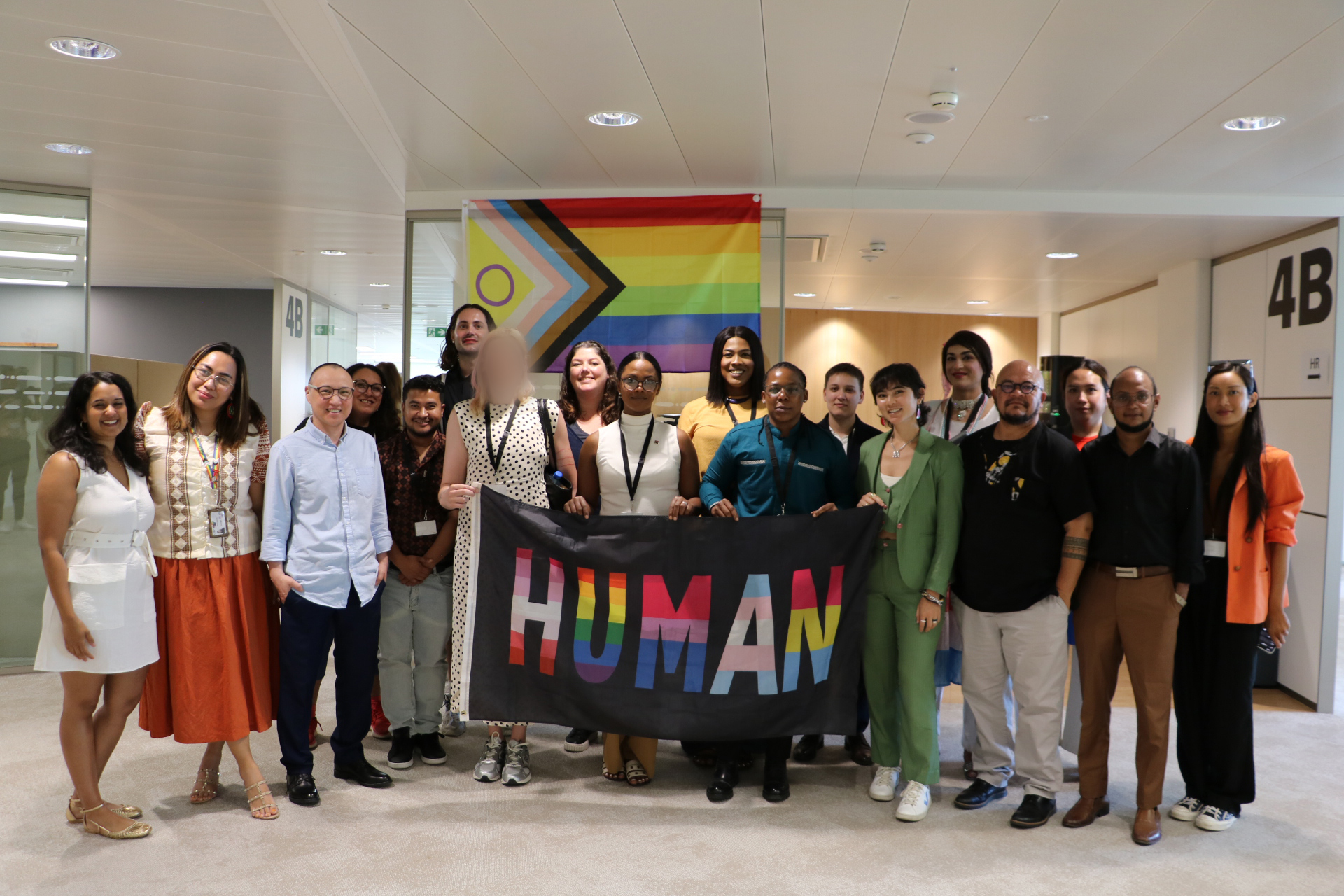
In collaboration with the Permanent Mission of Uruguay and supported by the Love Alliance, GATE, along with TAW partners, organized the side event, “Defunding Equality: The Global Impact of Aid Cuts on Trans Rights and the Path Forward,” This gathering featuring trans activists from Asia-Pacific, Eastern Europe, and Africa called for urgent investment in trans-led initiatives and emphasized the necessity of sustainable funding.
There is no question that trans movements need stronger financial support. Alongside creating a trans-sustainable movement, we hope to maintain representation at the highest level who can voice our community’s challenges, needs, and struggles and demand legislative and political changes. That is where the Independent Expert on Sexual Orientation and Gender Identity (IE SOGI) comes in.
What is the IE SOGI?
In 2016, the UN Human Rights Council made history by adopting a resolution to create a mandate of the UN Independent Expert on protection against violence and discrimination based on sexual orientation and gender identity (IE SOGI). Since then, mandate holders have documented widespread violations, issued over 171 communications, and conducted 10 country visits.
During the 59th session of the Human Rights Council, the renewal of the IE SOGI mandate, also known as the #RenewIESOGI campaign, was addressed as a crucial priority for all LGBTI movements worldwide. The mandate continues to be one of the most critical tools in protecting LGBTQI+ rights at the UN. TAW participants stood in solidarity with more than 1,200 civil society organizations across 167 countries and territories by delivering statements to urge the members of the Human Rights Council to renew the mandate.
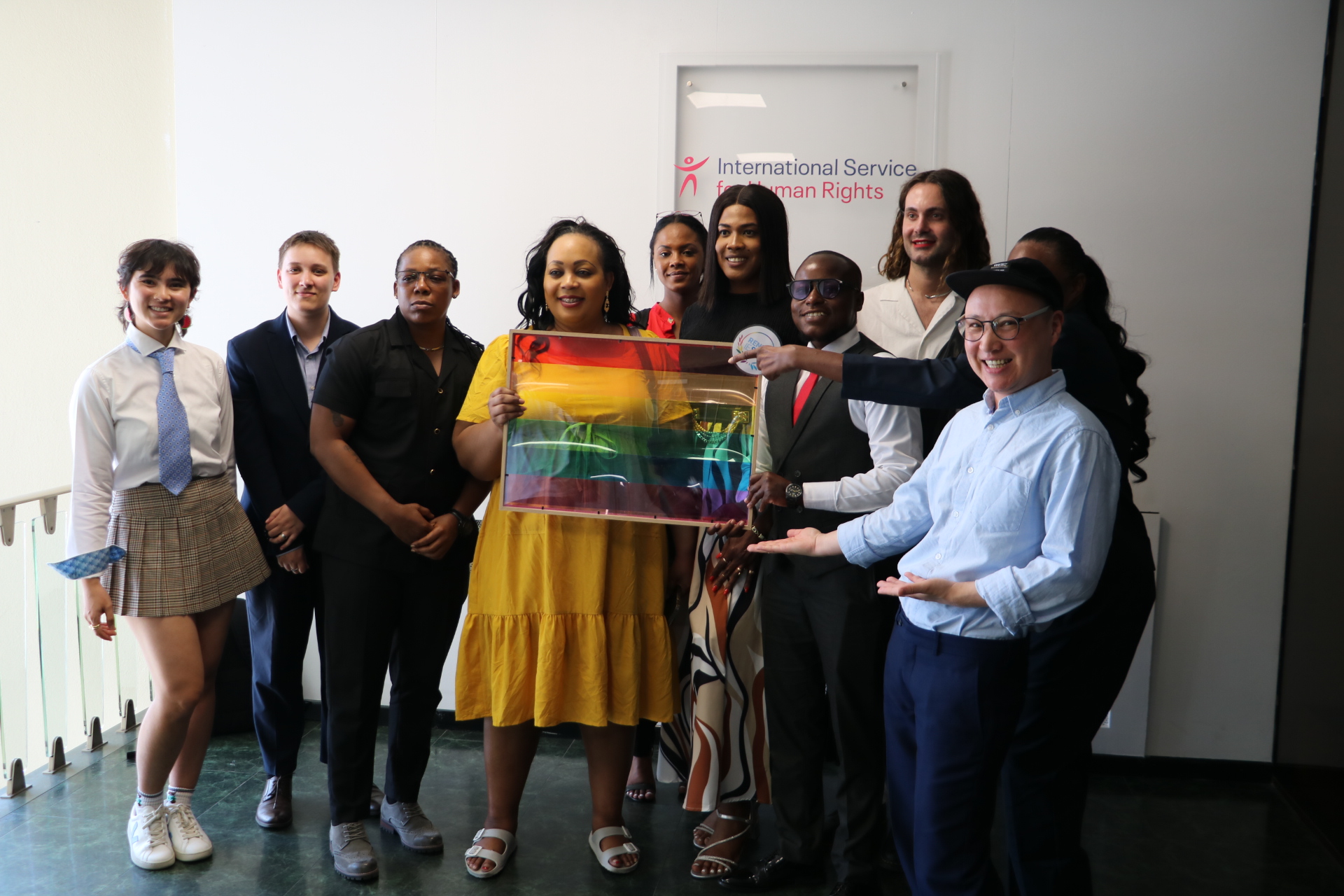
A TAW participant, Alexus D’Marco, founder of UCTrans, stressed the importance of the mandate in the Caribbean region in her statement at the Human Rights Council:
“We welcome the creation of the regional office in the Caribbean and call on the Council to renew the mandate of the Independent Expert. His work is vital in addressing the unique and often invisible forms of violence and discrimination that other UN mechanisms may not fully capture.”
In current challenging times, to renew IE SOGI is more than a symbolic demand, is a declaration that global accountability must not be compromised.
3 reasons why Trans Advocacy Week is essential right now
1. It strengthens global solidarity.
TAW is not only about building a resilient global trans movement but also about strengthening solidarity across LGBTQI+, feminist, and other social movements. Because anti-gender movements don’t just target trans individuals, they undermine core human rights and democracy. When trans rights are under attack, it indicates a larger threat to all of us. If trans voices fight against authoritarianism, we fight for freedom for all.
2. It builds resilient leadership.
TAW is more than just a week of trainings, it’s an investment in maintaining grassroots leadership. Since 2017, TAW has provided over 100 trans and gender diverse activists from across the world with the connections and skills to address funding issues and create sustained impact within grassroot movements.
3. It influences international agendas
TAW guarantees that the trans agenda influences global communities. It’s not only about gaining visibility but also about opening doors for trans and gender diverse activists from the Global South and East to be seen and heard in international decision-making spaces.
Although this year’s TAW has wrapped up, its effects continue to resonate.
As participant Namkeen Peshawri of Trans Support Group (Pakistan) so powerfully wrote:
Don’t cut the care when the pain runs deep, don’t steal our rights while the world’s asleep.
They ban our pride, erase our past, but we are seeds. We rise; we last.
Funding cut, but hearts not torn, we are rebels, healers, daughters reborn.
